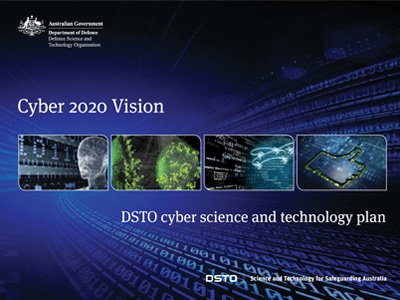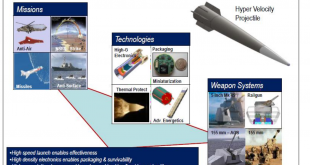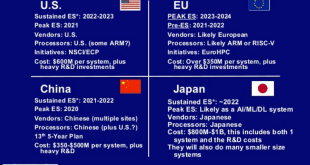The world of high-performance computing is particularly challenging, as new flavors of sophisticated sensors, complex cameras, and the requirements of Advanced computations, which include Software-Defined Radio, cryptography, and other types of arithmetic-intensive algorithms. Recent developments in artificial intelligence (AI) and growing demands imposed by both the enterprise and military sectors …
Read More »Monthly Archives: April 2021
Multi-factor authentication has become essential to protect accounts in commercial and military
The traditional, not so secure way to log in to your bank account: enter your username and that familiar password you probably use for most of your online accounts. Then, you’re in. You can go about your business. If you’re one of the 54% of consumers who, according to TeleSign, …
Read More »New Manufacturing technologies paving the way for Silicon or Solid-state quantum computing
Quantum bits, or qubits, are the basic building blocks of quantum computers, just as bits are that of modern computers. Researchers around the world have been exploring a range of different physical systems to act as qubits, including trapping and isolating ions by using electromagnetic fields, photons trapped in microwave …
Read More »Quantum Thermometer can measure temperatures inside a quantum computer to living cell
The world, say many experts, is on the verge of a second quantum revolution. The most talked-about of such technologies is the quantum computer, a device in theory so powerful that it could crack the codes underlying internet security in just a few minutes. But full-scale quantum computers are still …
Read More »Australia facing cyber attacks by sophisticated state-based cyber actor, implementing Cyber Vision 2020, cyber security strategy, cyber science and technology plan
The exponential growth of information and communications technology (ICT) technology that includes Internet, telecommunications networks, computer systems, and embedded processors and controllers, has led to creation of Cyberspace, a global domain within ICT. The economic, social and strategic influence is exerted within, and through cyberspace domain, much like the land, …
Read More »Gun-launched guided projectile (GLGP) or Hypervelocity projectile (HVP) to protect Surface Ships from large missile salvos by Russia and China
The US Navy is concerned about the survivability of Navy surface ships in potential combat situations against adversaries, such as China, that are armed with large numbers of missiles, including advanced models, and large numbers of UAV. In response, the Navy surface evolved a new organizing for the Navy’s surface …
Read More »Navies developing new Propulsion technologies for High Speed and longer range torpedos
Torpedoes are self-propelled guided projectiles that operate underwater and are designed to detonate on contact or in proximity to a target. For the U.S. Navy, the modern torpedo enables submarines to defeat surface and undersea threats and gives surface ships and aircraft the means to reach beneath the surface and …
Read More »Threat of GPS Jamming and Navigation Warfare is driving Countries for development of Assured Positioning, Navigation and Timing technologies
Systems like GPS, Russia’s GLONASS, China’s BeiDou, and Europe’s Galileo systems are Global Satellite Navigation Systems (GNSS) that provides real-time positioning, navigation and timing (PNT) data. The worldwide Global Positioning System (GPS), created in the late 1980s, has evolved to become an essential part of life for nearly every person on …
Read More »Challenges of exascale to zettascale computing and technology breakthroughs enabling them
Science’s computing needs are growing exponentially. The next big leap in scientific computing is the race to exascale capability which computes one thousand petaflops per second that is capable of performing 1 million trillion floating-point operations per second (1 exaflops). Currently the fastest systems in the world perform between ten and …
Read More »Global race to develop Exascale Supercomputers, the key to scientific revolutions to military and strategic superiority
Science’s computing needs are growing exponentially. The next big leap in scientific computing is the race to exascale capability which computes one thousand petaflops per second that is capable of performing 1 million trillion floating-point operations per second (1 exaflops). Currently the fastest systems in the world perform between ten and …
Read More » International Defense Security & Technology Your trusted Source for News, Research and Analysis
International Defense Security & Technology Your trusted Source for News, Research and Analysis








